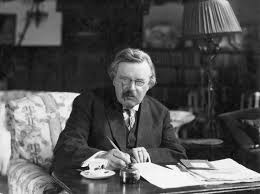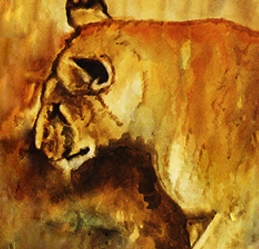Speculum Amoris
My God the Baby is
That rests upon my knee.
Into those eyes of His
I gaze mine own to see.
And He looks up to meet in mine
Reflected all the love Divine.
A Maid my mother is,
And I a sireless Son.
No other deed like this
Has Love eternal done—
To make her motherhood for Me
The mirror of Divinity.
The Incarnation
Save through the flesh Thou wouldst not come to me—
The flesh, wherein Thy strength my weakness found
A weight to bow Thy Godhead to the ground,
And lift to Heaven a lost humanity.
The Breeze at Bethlehem
I that have lashed the sea
And from the forest torn the rooted tree,
Come now, my passion spent,
A lowly penitent,
Sweet Child, to Thee.
Alike Thy sovereign will
The strong & weak, O slumbering Babe, fulfil.
As I before Thee now
Shall waves submissive bow,
And storms be still.
The Christmas Babe
So small that lesser lowliness
Must bow to worship or caress;
So great that Heaven itself to know
Love’s majesty must look below.
At the Manger
When first her Christmas watch to keep
Came down the silent angel, Sleep,
With snowy sandals shod,
Beholding what His mother’s hands
Had wrought, with softer swaddling-bands
She swathed the Son of God.
Then skilled in mysteries of night,
With tender visions of delight
She wreathed His resting place,
Till wakened by a warmer glow
Than heaven itself had yet to show,
He saw His mother’s face.
For a recitation, click the play button:
[soundcloud url=”https://api.soundcloud.com/tracks/122750302″ width=”100%” height=”166″ iframe=”true” /]“Speculum Amoris”: Later Poems, p. 21; Poetry, p. 191. 1910. Speculum Amoris: Latin, mirror of love. Sireless means fatherless; that is, without a human father. The first stanza is spoken by the Blessed Virgin Mary, mother of the Lord Jesus Christ; the second, by her infant Divine Son.
“The Incarnation”: Poems, p. 92; Poetry, p. 339. 1894. Incarnation: from Latin, being made flesh; in this case, the divine becoming human in the Lord Jesus Christ. Save means except.
“The Breeze at Bethlehem”: Later Poems, p. 22; Poetry, p. 199. 1910. The second stanza alludes to Mark 4:35-41.
“The Christmas Babe”: Poems, p. 78; Poetry, p. 343. January 1894.
“At the Manger”: Later Poems, p. 24; Poetry, p. 196. December 1907.


